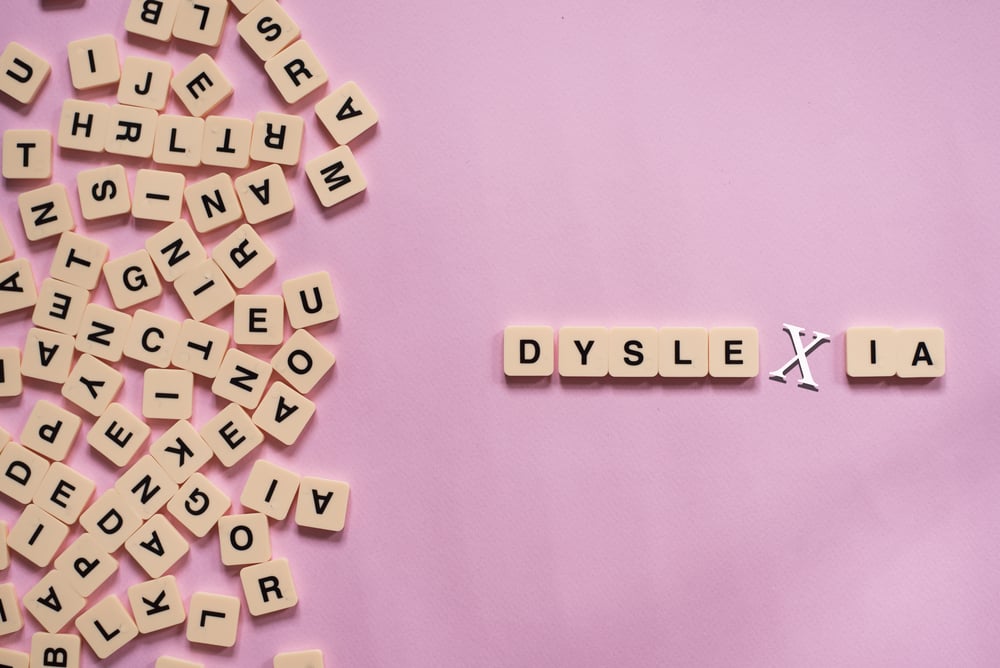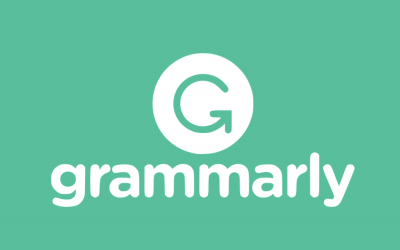What does the writing look like in students with dyslexia and dysgraphia? IMPAIRED AUTOMATICITY, CAPITAL LETTER INTRUSIONS, and SPELLING ERRORS Students who struggle with handwriting automaticity show irregular shapes and sizes of letters. For example, look at...
Don’t Judge Me on My Spelling
"It’s fascinating how much we judge others on their ability to spell – when in reality most of the time this has little effect on our ability to do our work effectively. If you get an email that no one else will see apart from you and the recipient, does it matter...
How Dyslexia Changes at Different Ages [Premium]
With all of the advances in our understanding of early intervention, dyslexia in older students and young adults often gets short shrift. The paper by Dr. Kathleen Niesen and colleagues has some interesting findings that have important points for identification, accommodations, and understanding of both the challenges and strengths of adolescents and young adults with dyslexia. Importantly, the authors made this point: “…if dyslexia was not diagnosed earlier in schooling, young adults do not qualify for accommodations even if as adolescents and adults they meet research criteria for dyslexia on evidence-based assessment. Such assessment practices do not seem fair or sensible or consistent with the spirit of the Americas for Disabilities legislation.” The point made was that dyslexia missed in the early grades usually meant dyslexia […]
Spelling Difficulties as a Source of Dysgraphia
In an interesting study, researchers in France looked at the impact of spelling difficulty on the writing performance of students with dyslexia. From the study: "Dyslexia weakens spelling skills, even when the child presents no motor problems. By varying the degree of...
Breaking Research : Dyslexia in Adolescents and Adults [Premium]
An important paper was published this month from the University of Washington, entitled “Evidence-Based Reading and Writing Assessment for Dyslexia in Adolescents and Young Adults.” The paper is especially important guiding testing professionals who assess teens and adults for dyslexia or see gifted or twice-exceptional students. This paper also takes a more systematic look at the roles of individual factors like working memory and executive function on dyslexia and reading and spelling performance. The data will be helpful in targeting educational interventions and can also guide requests for testing accommodations. There are interesting observations too in that paper that will help with characterizing the strengths that occur among adolescent and adult dyslexics, with implications for twice-exceptional or gifted students with dyslexia. In several areas, adolescent / adult […]
Q: I am an Language Arts Teacher. How Should I Give Feedback About Spelling for Dyslexic Students?
Great question. The degree of accommodations and or modifications should be individualized. SPELLCHECK Severely dyslexic students may need to dictate written work or keyboard work using spelling check. One favorite teacher of ours told us that she had a breakthrough...
Top Dyslexia App: Grammarly
Congratulations to Grammarly, a free-premium software that adds directly onto the Safari, Chrome, and the Firefox browser and can be downloaded HERE. I've been using it on my Mac and it's already caught a number of errors. If you use Microsoft Word or Outlook on...
When Spelling Words Don’t Stick
From this book from Nancy Mather and colleagues, a 5th grader was shown a word from her adapted spelling list, then asked to write it from memory. Needless to say, the exercise was quite frustrating for the student. From the authors: "Her teacher next showed Nalan the...
Dyslexia at College: THE CHALLENGE OF WRITING [Premium]
As dyslexic college students are entering 2- and 4- year colleges in increasing numbers, questions arise as to the impact of dyslexia-related challenges on essay writing. The National Longitudinal Transition Study-2 had found that although a majority of LD students in high school requested accommodations (91%), only 17% requested accommodations in college. A problem with this situation is that the net result is that written work (especially timed written work) will typically substantially underestimate a student’s fund of knowledge and understanding. A recent study at Oxford Brookes University showed that college students with dyslexia matched their non-dyslexic peers in terms of word diversity, ideas, organization, sentence structure, and even grammar. The tasks in which they scored lower than their peers were so-called “low-level transcription skills” […]
WHAT YOU CAN LEARN FROM A CHILD’S WRITING [Premium]
There are many skills that are required to write by hand. Besides having an idea and being able to organize it into words, there’s remembering the motor, kinesthetic, and visual sequences of letters and words and being able to discern similar and dissimilar sounds (auditory processing, phonemic awareness). No wonder it’s hard to write! What do you see in the following writing? Mix of capitals and lower case letters, irregular spacing, sight word error (plaid instead of played), phonemic error (chr instead of tr), elision / dropped sound or attention / working memory mistake (chis instead of chips). This student would benefit from working with an alphabet strip of lower and upper case letters in view as well as a spelling or writing […]
STRATEGIES FOR THE MOST COMMON SPELLING MISTAKES: THE SCHWA [Premium]
Once you learn how to recognize the ‘schwa’, you’ll start recognizing them everywhere! In linguistics, the schwa sound is represented by an upside-down ‘e’ and the mouth position is a lot like the ‘uh’ sound in ‘butter’. It contributes to lots of misspellings in dyslexic students (and actually non-dyslexic students too) so recognizing the patterns can significantly improve all-round spelling performance. STRATEGY 1: EXAGGERATE / MISPRONOUNCE THE SCHWA One surprisingly easy strategy is to exaggerate and deliberately mispronounce a word in order to remember the correct spelling. For instance, the-thee reminds you that the schwa is spelled with an ‘e’. Look at the following 3 objects: monitor, computer, and calendar. To remember -or, -er, and -ar, a student can pronounce monitor as mon-i-TOR, exaggerating the […]
Latest Research: Repetition As a Poor Way to Teach Dyslexics [Premium]
In groundbreaking research, researchers at MIT or the Massachusetts Institute of Technology reported that dyslexic children and adults have “a diminished ability to acclimate to a repeated input in their paper titled “Dysfunction of Rapid Neural Adaption in Dyslexia.” Like many research papers, dyslexia is seen through a negative lens (‘dysfunction’) and the take-home points through university press releases, similarly so, however the findings are interesting ones and fit with an evolving picture of dyslexia as a learning difference (rather than disease or disability) that extends beyond reading and has ramifications for many aspects of education. “It’s a difference in the brain that’s not about reading per se, but it’s a difference in perceptual learning that’s pretty broad,” says John Gabrieli, who is the study’s […]

![Dyslexia and Dysgraphia: What Does Writing Look Like? [Premium]](https://www.dyslexicadvantage.org/wp-content/uploads/2021/10/Dyslexia-and-Dysgraphia-4-400x250.png)

![Breaking Research : Dyslexia in Adolescents and Adults [Premium]](https://www.dyslexicadvantage.org/wp-content/uploads/2016/02/Screen-Shot-2019-10-08-at-4.23.50-PM.jpg)



![Dyslexia at College: THE CHALLENGE OF WRITING [Premium]](https://www.dyslexicadvantage.org/wp-content/uploads/2018/01/Screen-Shot-2019-08-30-at-8.43.51-PM.jpg)
![WHAT YOU CAN LEARN FROM A CHILD’S WRITING [Premium]](https://www.dyslexicadvantage.org/wp-content/uploads/2017/02/Screen-Shot-2019-09-03-at-2.11.37-PM.jpg)
![STRATEGIES FOR THE MOST COMMON SPELLING MISTAKES: THE SCHWA [Premium]](https://www.dyslexicadvantage.org/wp-content/uploads/2017/02/Screen-Shot-2019-09-03-at-2.08.42-PM.jpg)
![Latest Research: Repetition As a Poor Way to Teach Dyslexics [Premium]](https://www.dyslexicadvantage.org/wp-content/uploads/2016/12/shutterstock_133874900.jpg)













